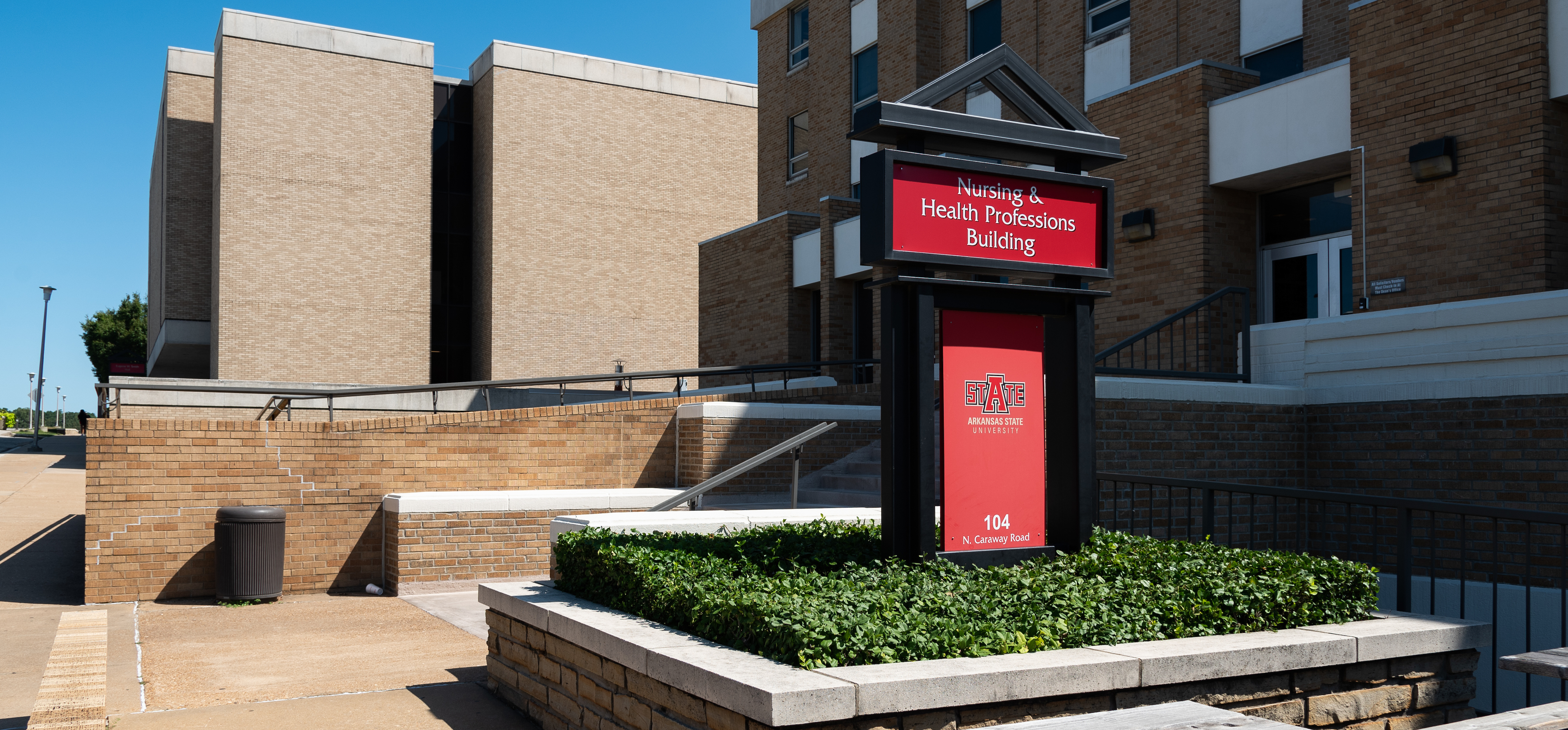Degree Name
Nursing Practice, DNP
Publication Date
4-22-2025
First Advisor
Mary Newkirk
Second Advisor
Chandra Carter
Abstract
Self-efficacy is an essential aspect of patients being able to manage their uncontrolled hypertension. While it is important to give patients medications for their hypertension, it is just as important to educate the patients about their disease process. Teaching patients risk factors, acceptable blood pressure readings, and signs/symptoms of the disease process can help with decreasing further harm that the disease can cause to the body. This quality improvement project aimed to close the knowledge gap and increase self-efficacy among adult individuals, ages 18-75, who have uncontrolled hypertension by generating data that shows that education on the disease process will help the patients gain the self-efficacy needed to manage their hypertension. The idea of improving self-efficacy is rooted in the Awareness, Desire, Knowledge, Ability, and Reinforcement (ADKAR) Change Model, which focuses on individual development. The Plan-Do-Study-Act (PDSA) model was used to discover changes in the intervention of providing education to increase self-efficacy. Bandura’s theory was used to allow the patients to use their own experiences to improve their healthcare outcomes by acquiring the self-efficacy needed to change their behaviors. Pre- and post-evaluation of self-efficacy was measured using the Self-Efficacy for Managing Chronic Disease Scale over the span of six weeks. At the end of the project, data was collected and analyzed using a paired test that shows improvement in self-efficacy scores, indicating that education does increase self-efficacy.
Rights Management

This work is licensed under a Creative Commons Attribution-NonCommercial 4.0 International License
Recommended Citation
Thompson, Sharita, "Impact of Hypertension Education on the Self-Efficacy of Patients with Uncontrolled Hypertension" (2025). Doctor of Nursing Practice Projects. 202.
https://arch.astate.edu/dnp-projects/202


